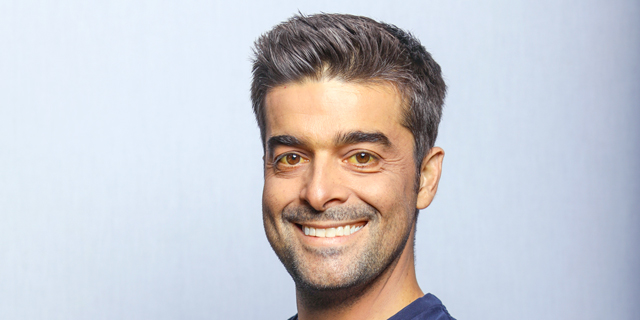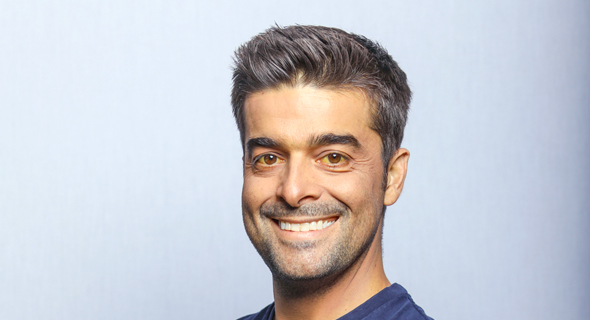
TailorMed’s uphill challenge to reform American healthcare
It may be the land of the free, but Americans’ dizzying healthcare costs are preventing adequate treatment
It’s no secret that America’s complicated healthcare system can cause confusion, bureaucratic nightmares, and not to mention substantial financial burdens on its citizens. It is technically made up of many organizations, usually healthcare providers, insurance companies, independent providers, and hospital systems that all provide healthcare in their own ways. Despite being a leading first-world country, it is ranked 29th in healthcare access and quality - meaning that many Americans fail to get the help they need unless protected by private companies.
“We saw there is a need to find ways patients can stay on their required treatment without going bankrupt or without impacting their clinical outcome, but also without solely relying on their financial abilities,” explained TailorMed’s Co-founder and CEO, Srulik Dvorsky. According to Dvorsky, even if external financing exists - usually in the form of philanthropy, government subsidies, or through pharmaceutical companies - the patient sometimes doesn’t even know where to look for additional or third-party help.
“We saw that patients are not necessarily familiar with all of the resources but moreover, there are plenty of providers, whether it’s hospitals, pharmacies, or large networks, that are not putting in place the required infrastructure to allow patients to get the funding.” With this in mind, Dvorsky admitted the TailorMed team became “nearly obsessed” when thinking about who would eventually benefit from a new service but also who would be willing to pay for such a solution. Founded in 2016, Dvorsky and his co-founder, Adam Siton (CTO) found a way to harness technology to improve the financial performance of healthcare providers and reduce the hardships for patients. It provides a personalized projection of a person’s out-of-pocket costs and then finds suitable cost-saving opportunities based on assistance programs that are available. In June 2021, the company raised $20 million bringing its total funding to $28 million. For the team, the U.S was an obvious place to start its business. “(We) spent about a year trying to figure out what is a big enough problem that is worth solving with technology, and decided to do that not in Israel but the United States because of the size of the market. I think that companies in their early stage should build their initial product in the target market. Israel could have been that to start with because we're small and everyone knows everyone, but we decided to try and figure out the problem in the States. And were basically exposed to a variety of different barriers in care, of how patients are not necessarily getting access to the care they need.” Today, TailorMed works with large pharmacies and provider bases such as Walgreens and UnityPoint to make sure that patients can get financial assistance. Dvorsky reveals that TailorMed works in two main areas, usually regarding medication costs. First, there’s the treatment for chronic conditions - like heart failure - that requires months or years of medication that patients possibly don’t adhere to if they cannot spare the change. The second is specialty care - conditions like oncology, MS, or others. “There are amazing advancements in the type of treatment, or drug, that are being developed or approved in recent years… but the cost of each drug is crazy high. It starts at ten of thousands of dollars a year and can amount to hundreds of thousands per year. There is no one who can afford that, whether it’s a middle-income family, or in a lot of cases an affluent population.”Related Stories
A lot of what TailorMed does relies on data. Medical records, billing systems, and payers are all analyzed to best serve the needs of the patients, as well as the interests of the pharmaceutical companies that need to sell, and keep selling, the medication sick people need. “If you have a diabetic patient who needs their insulin every month, that could be a few hundred dollars a month. If that patient cannot afford their treatment, then Pharma will not be able to provide that drug to the end patient,” he said.
Healthcare in the U.S is, indeed, complicated. It seems utterly foreign for nations like Israel and the UK to consider balancing rising medical costs that reach the tens or hundreds of thousands of dollars each month. And while the company, which has 40 employees in Israel and 20 in the States, always expected to one day reach the USA like many other local startups, its location as a starting point was less of a dream and more of a necessity. While there are plans to expand, Dvorsky admits his hands are full by helping those in the land of the free to pay for their lives. “For the time being we have our hands full trying to address that very complicated problem,” he said.